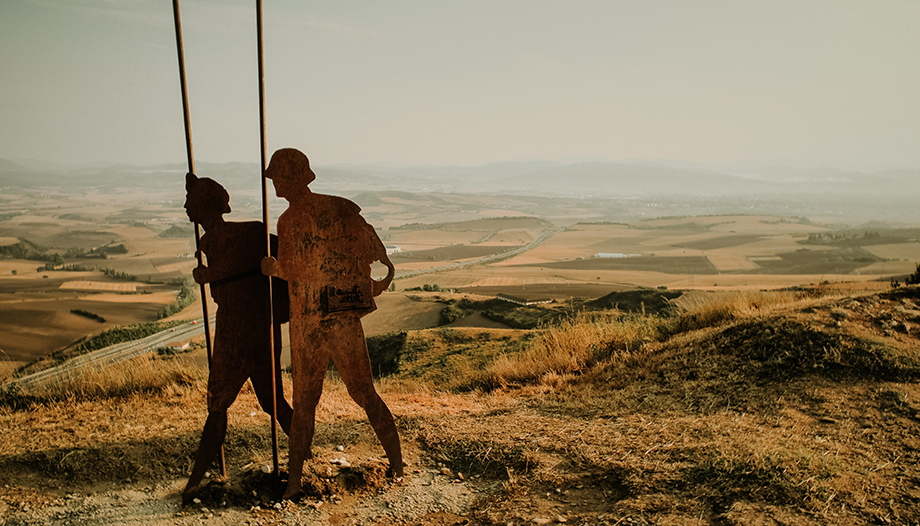The outbreak of the pandemic stopped, in addition to many other aspects of social life, the flow of pilgrims to Santiago de Compostela. A small number remained when the consequences of the COVI-19 virus seemed to ease, but gave way with the successive waves. Necessarily the opening of the Holy Year, on December 31, 2020, was kept in the framework of prudence, but also in that of hope, with the announcement that the Holy See had decided to extend it until the end of 2022 due to these exceptional circumstances.
As the signs point to an overcoming of the pandemic, the return to the Camino and the possibility of winning the Jubilee has already begun. It is noticeable at the entrances and streets of the city, in the Pilgrims' Center and, obviously, in the Cathedral of Santiago. After the visit to the Pope by the Archbishop of Santiago together with the president of the regional government, it seems more plausible that Pope Francis will come to Santiago during the Holy Year, perhaps to celebrate also in Spain the fifth centenary of the conversion of St. Ignatius of Loyola. If he does so, the Holy Father will be able to contemplate a beautiful newly restored cathedral, with the vivid polychrome of a Portico de la Gloria full of light. All the other pilgrims will do the same, receiving a sort of "extraordinary" prize for their efforts, when they complete their journey with the Apostle St. James.
Our double issue of July and August is dedicated to this Jubilee Year, to the history and present of the Jacobean tradition, to the renewal of pilgrimages and the recovery of the Camino.
Jorge Eduardo Lozano, on the Ecclesial Assembly of Latin America and the Caribbean being prepared by CELAM, which is expected to give renewed impetus to continental pastoral work. We also dwell on the World Day of Grandparents and the Elderly, instituted by the Pope, which will be celebrated for the first time in July.
It has been demonstrated that the commitment against sexual abuse is firm in the Church, which works decisively to combat it. An expert lawyer summarizes the regulations that canon law has put in place in this field. A reference is added to the recent reform of the Code of Canon Law in criminal matters, which was presented at the Omnes Forum by Msgr. Juan Ignacio Arrieta, Secretary of the Pontifical Council for Legislative Texts, a topic to which our website www.omnesmag.com dedicated detailed information.
Finally, we now turn to two other themes of the issue, which outline the way Pope Francis wants the Church to work: synodality, as a way of being and doing (in this issue, in the Rome section) and the commitment to environmental protection (with an interview with the head of the Office of Ecology and Creation in the Dicastery for Integral Human Development).









